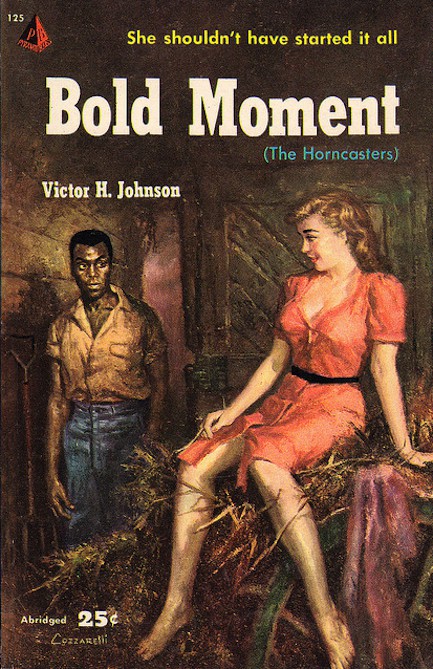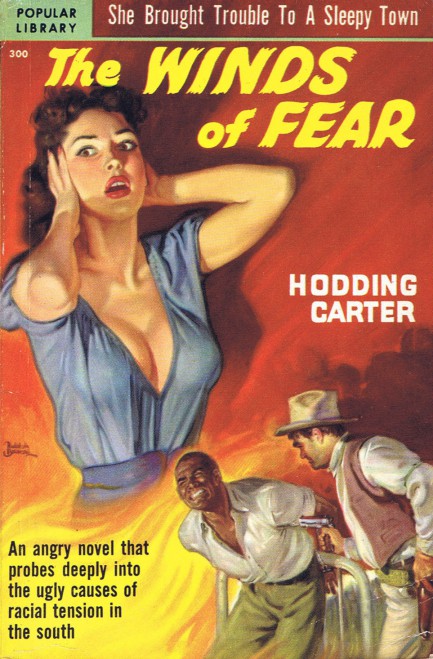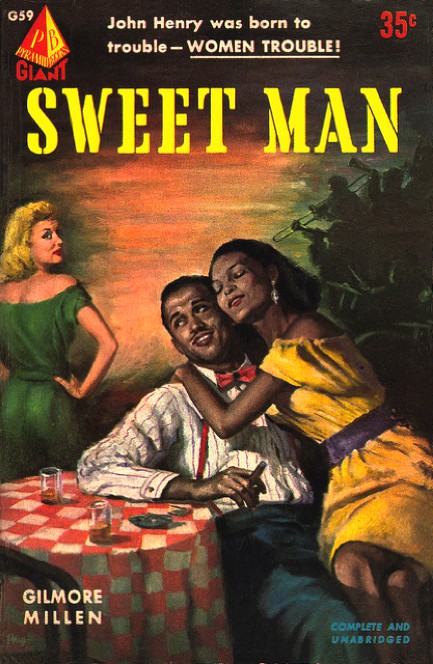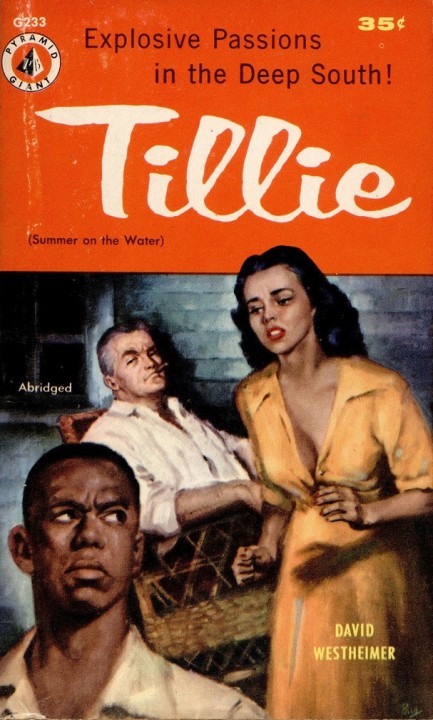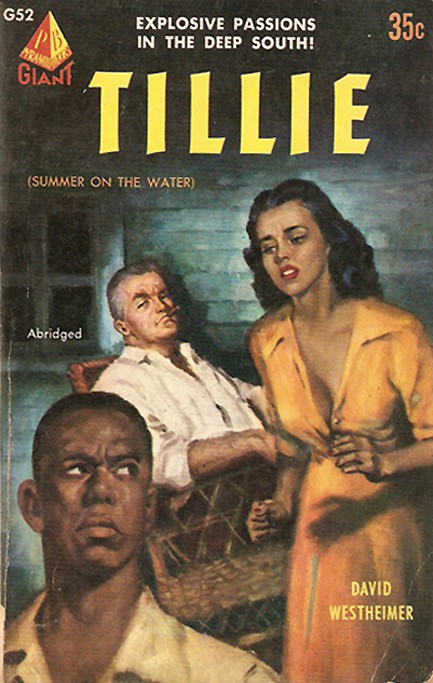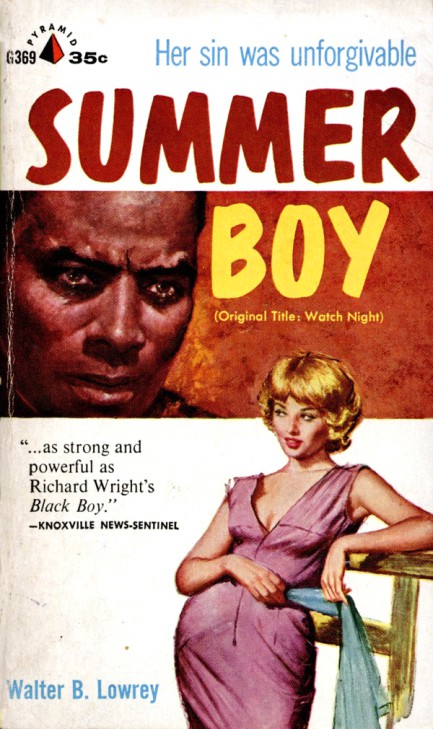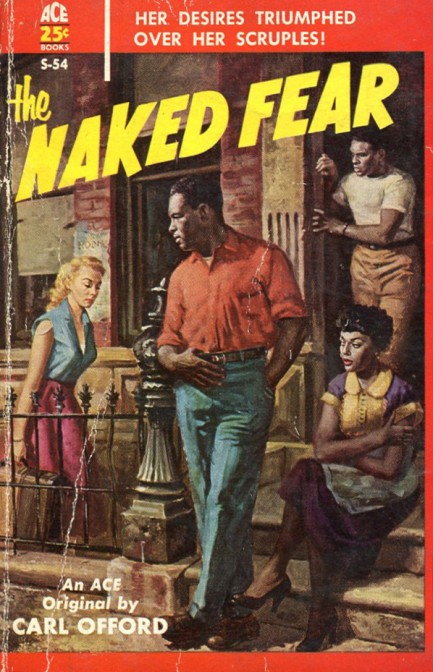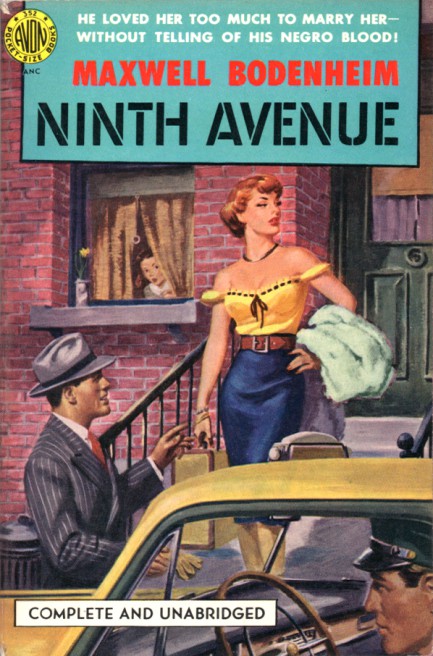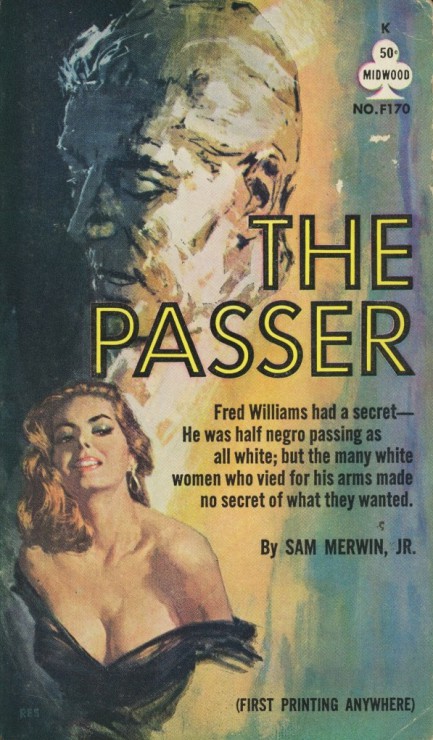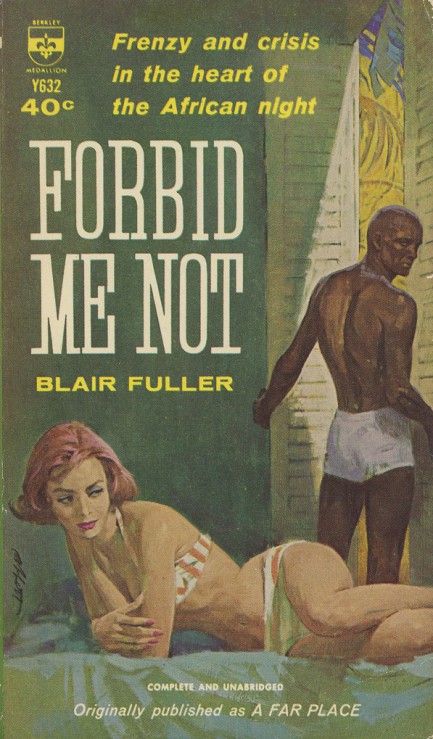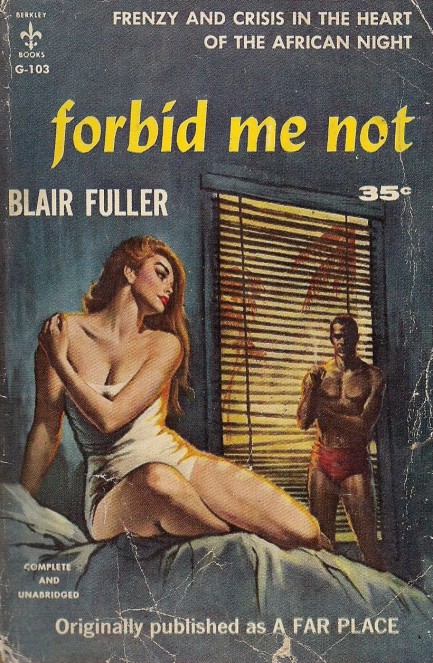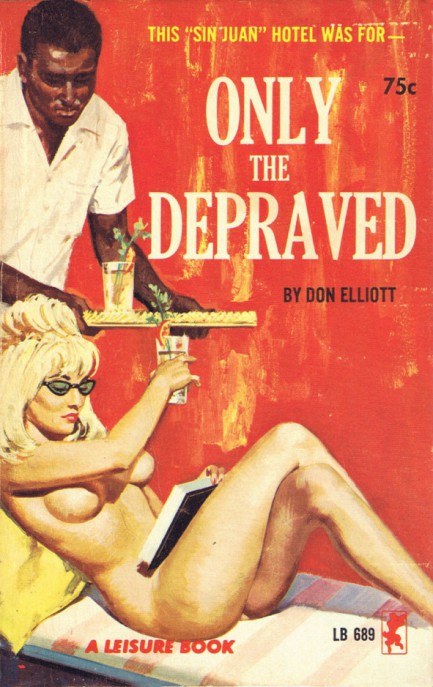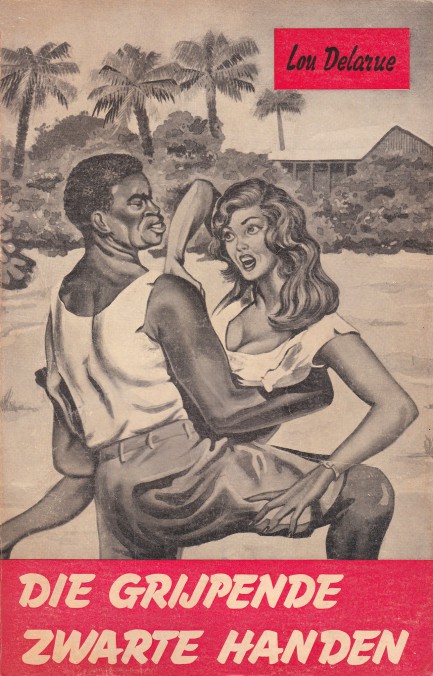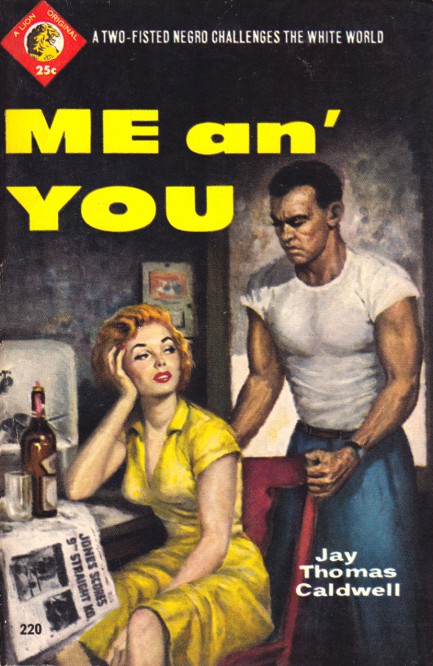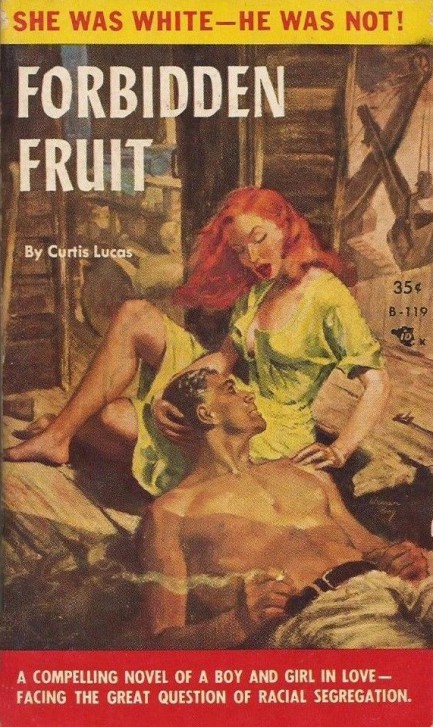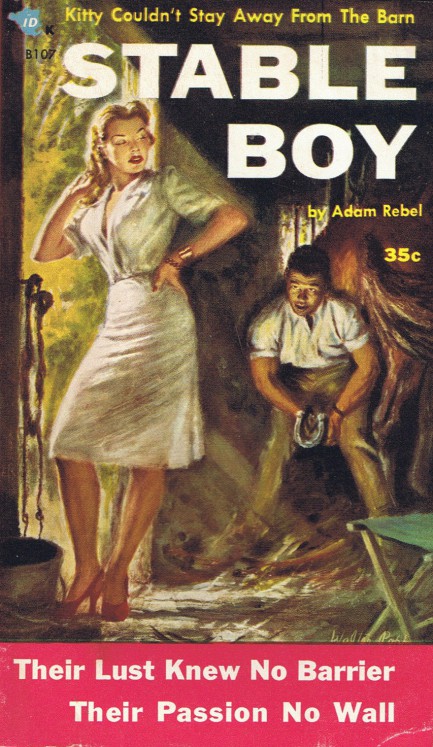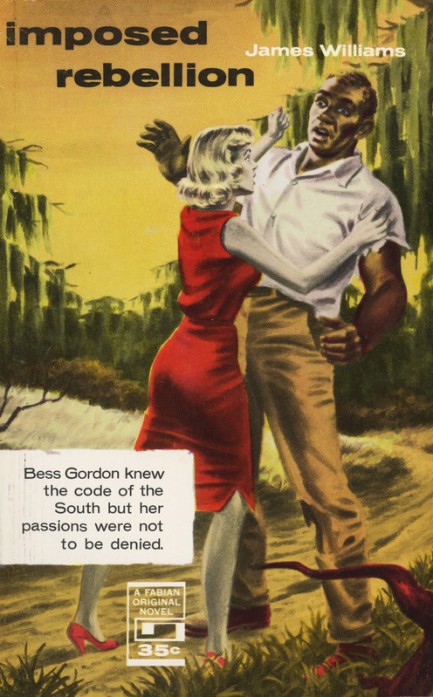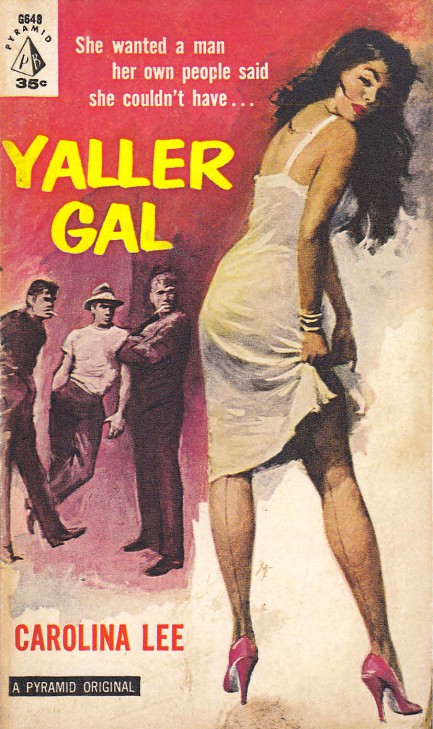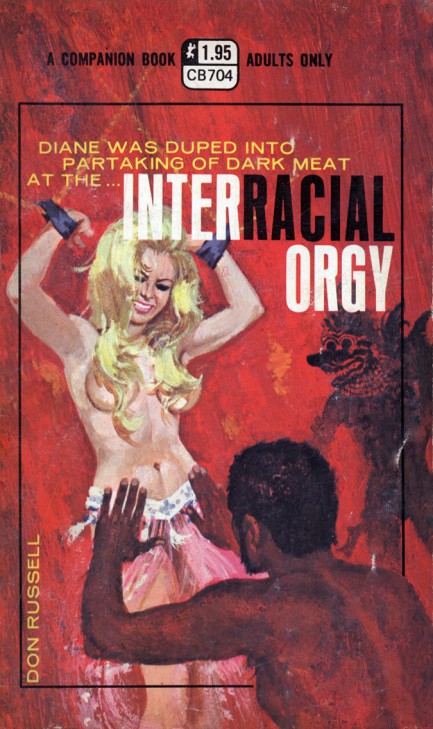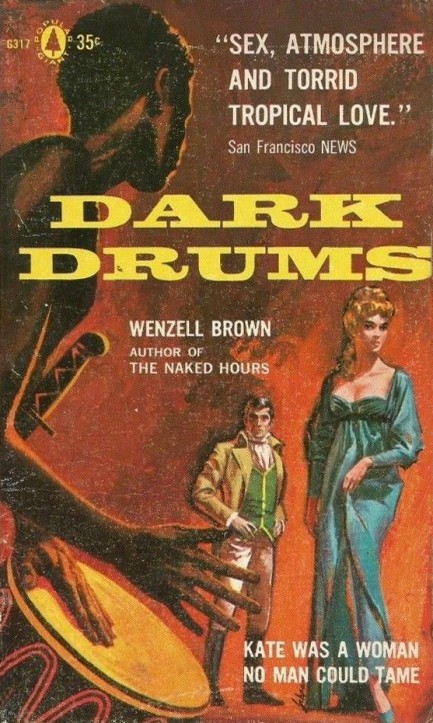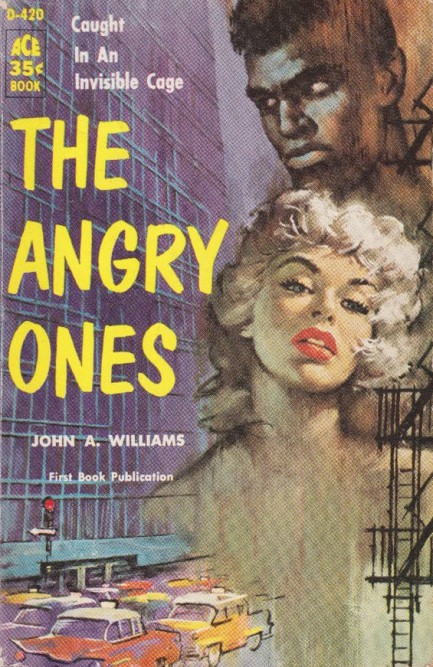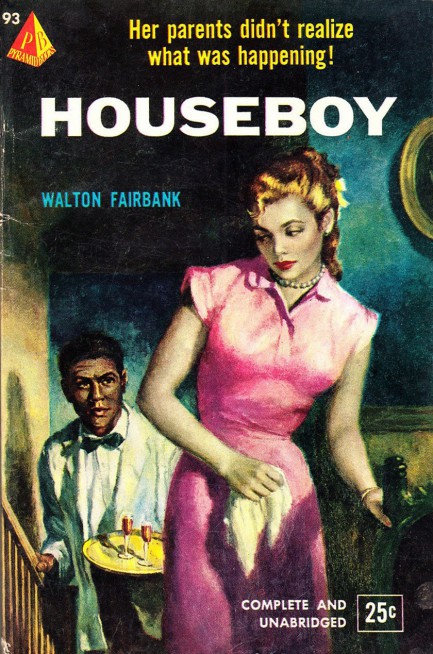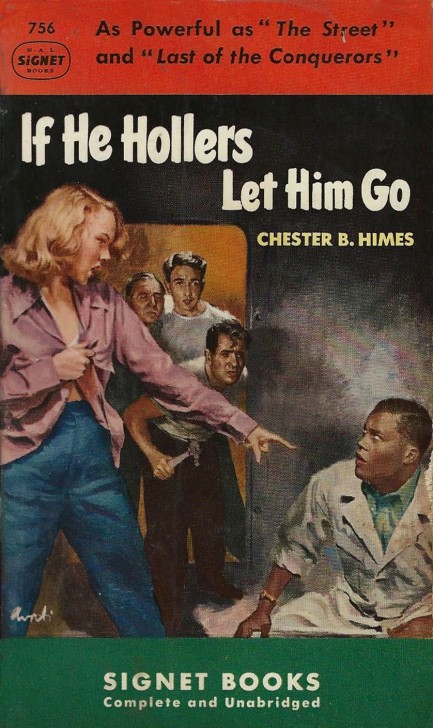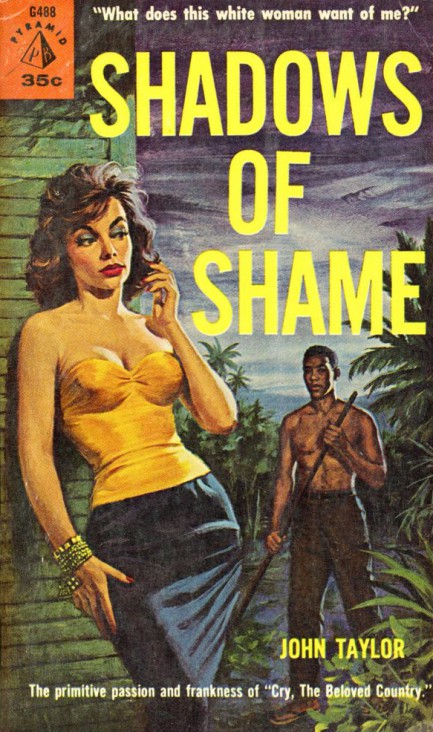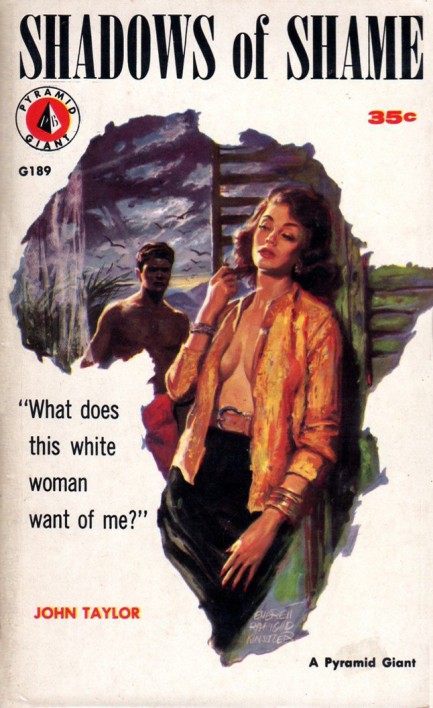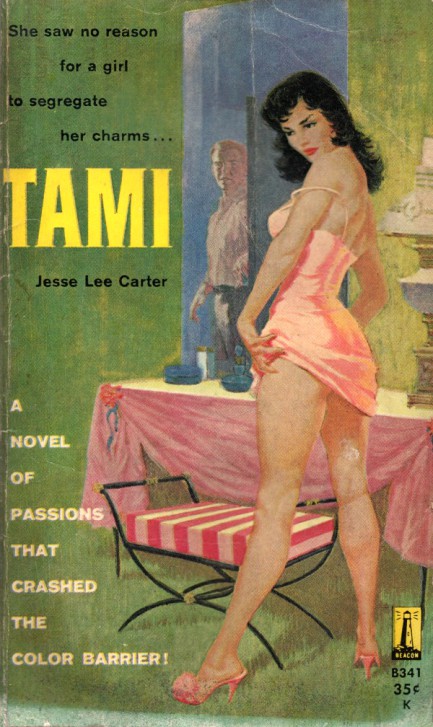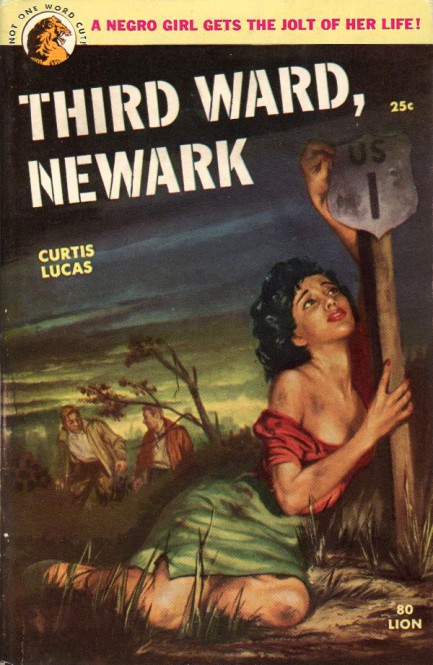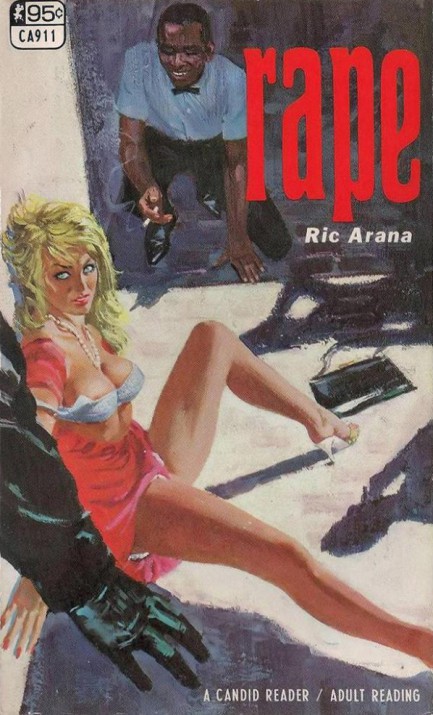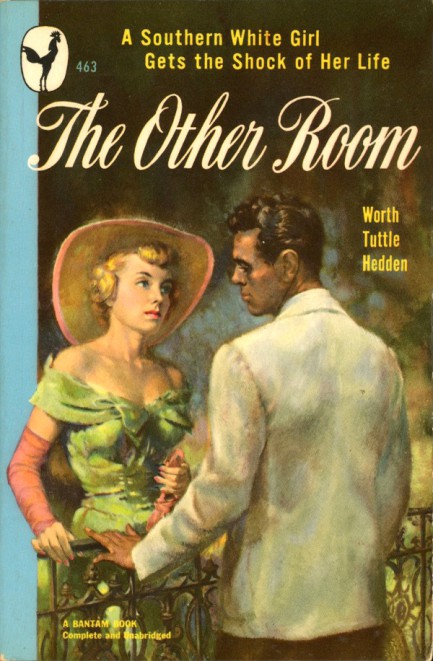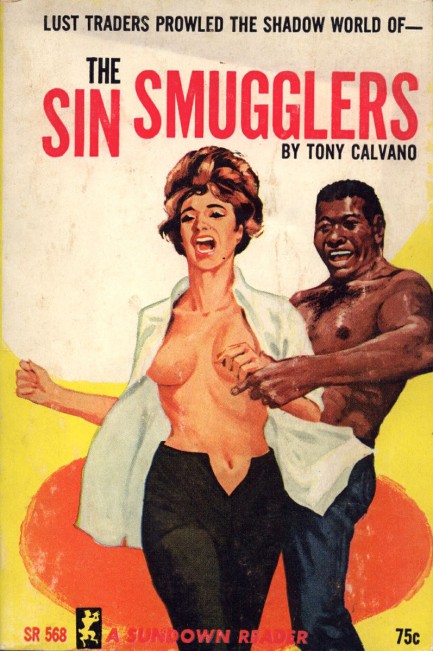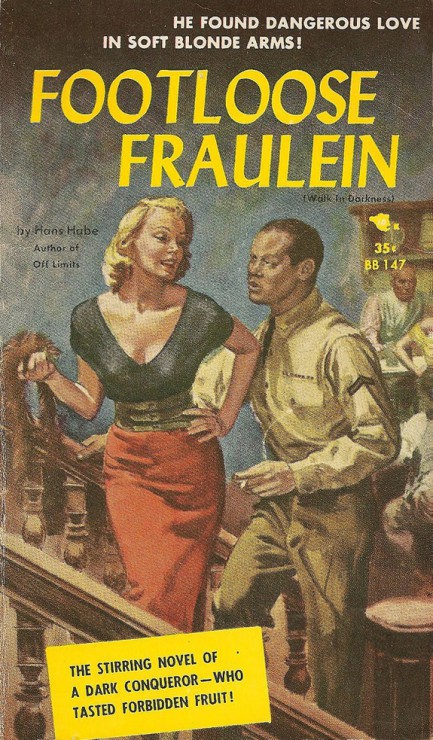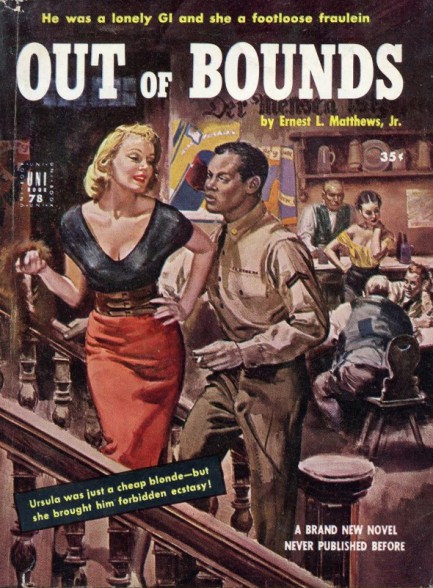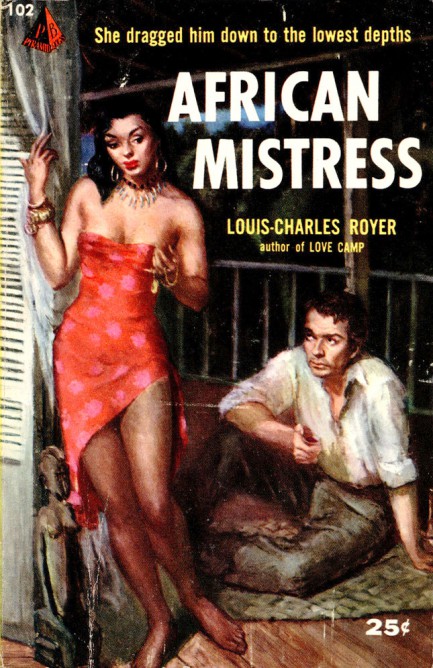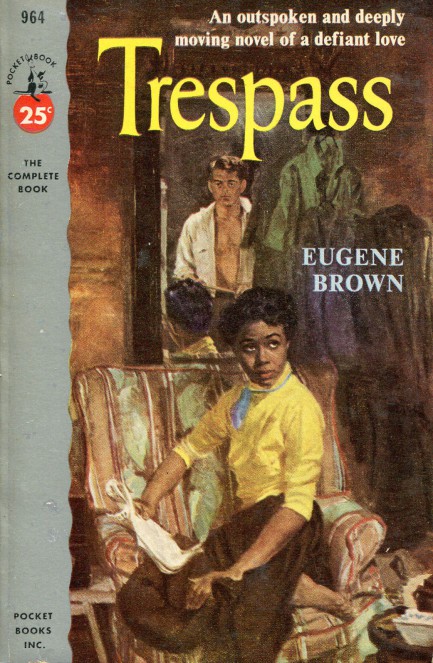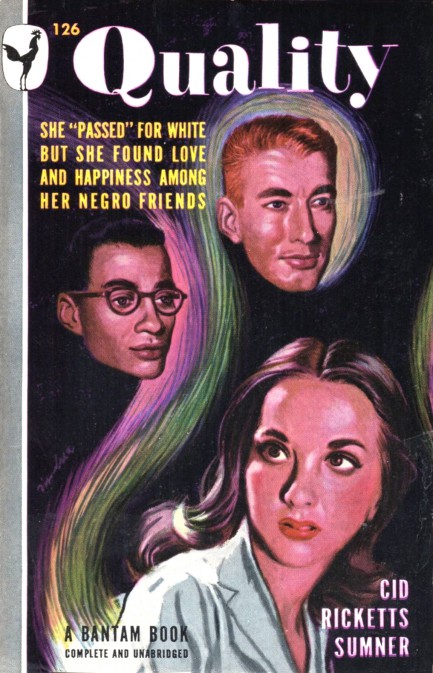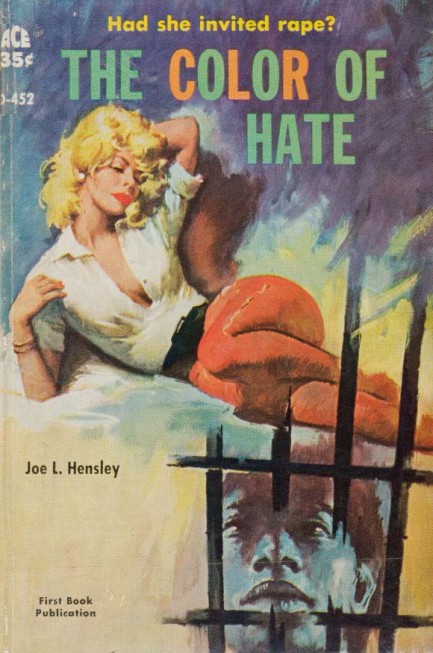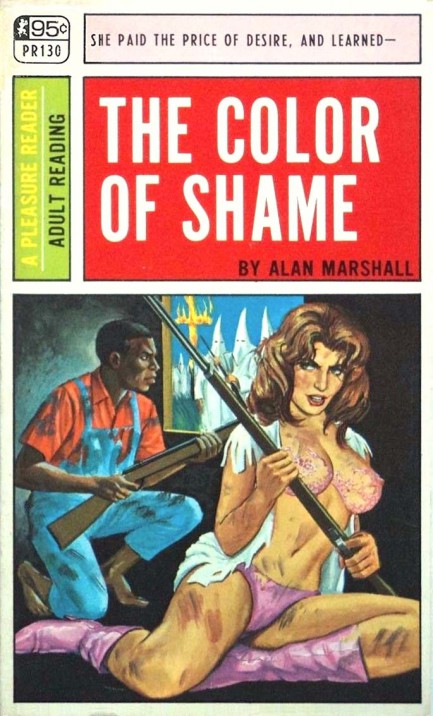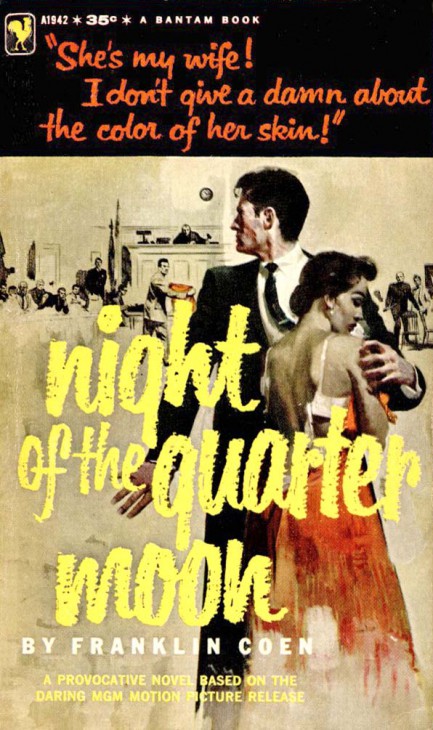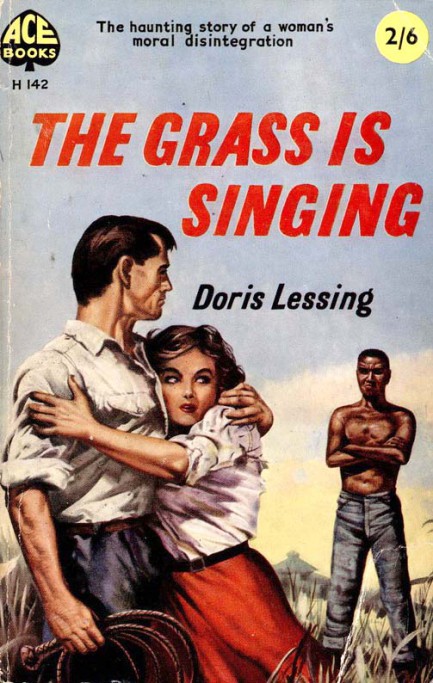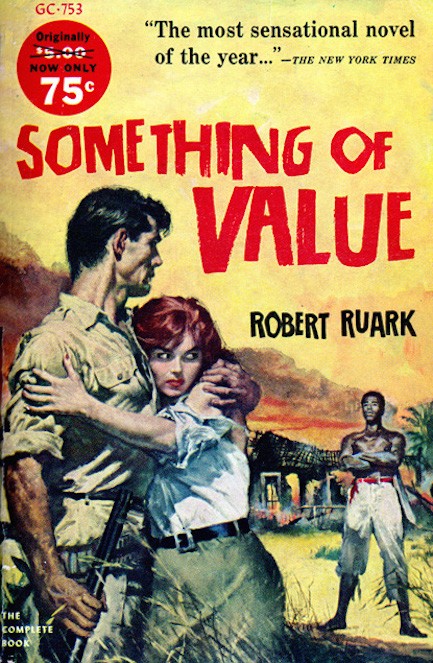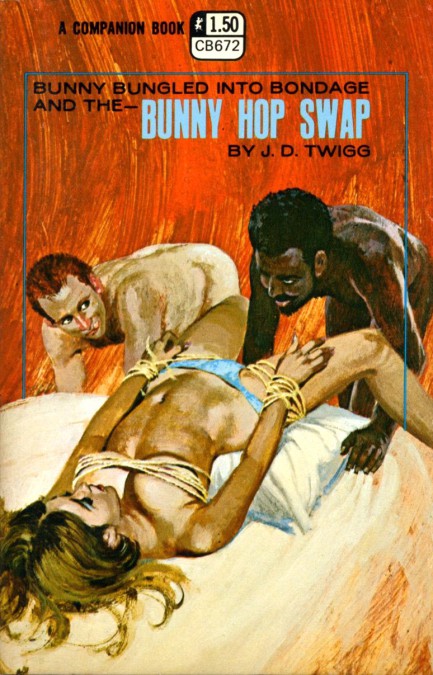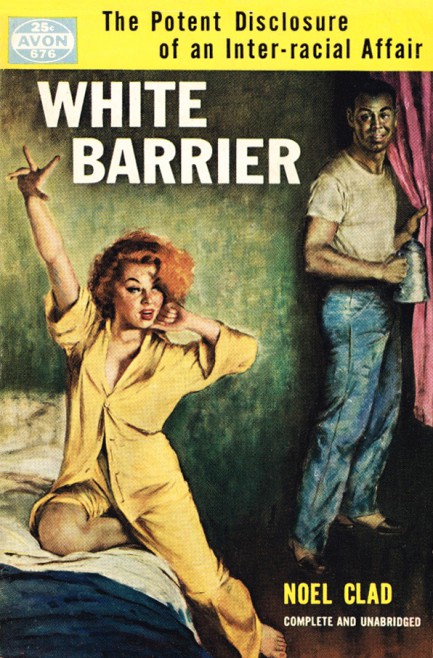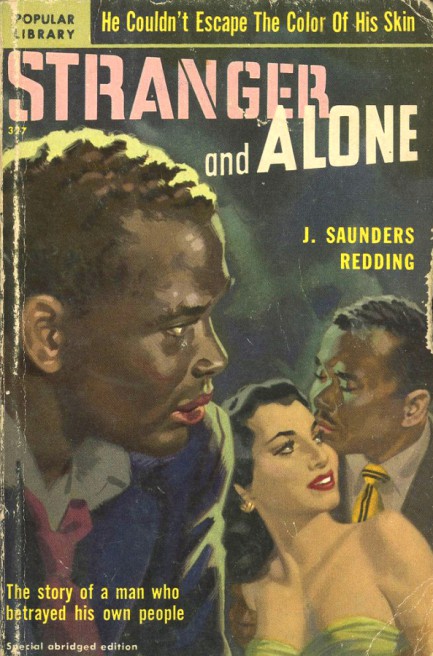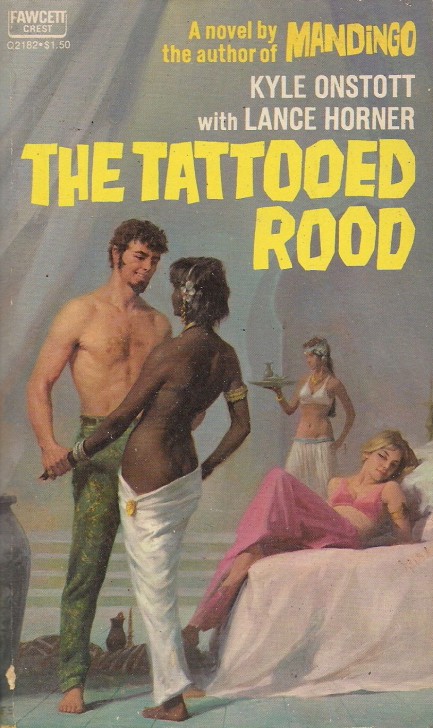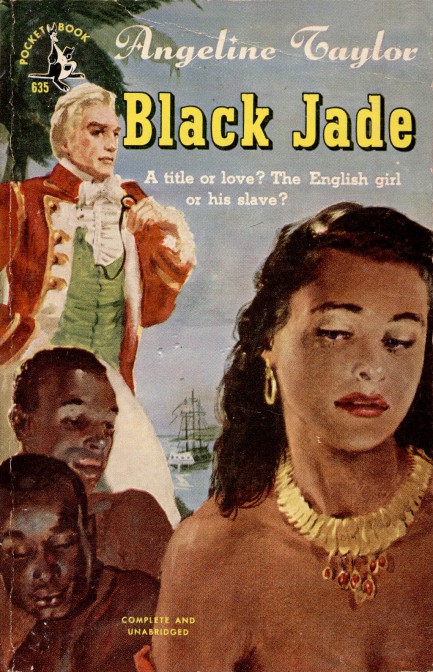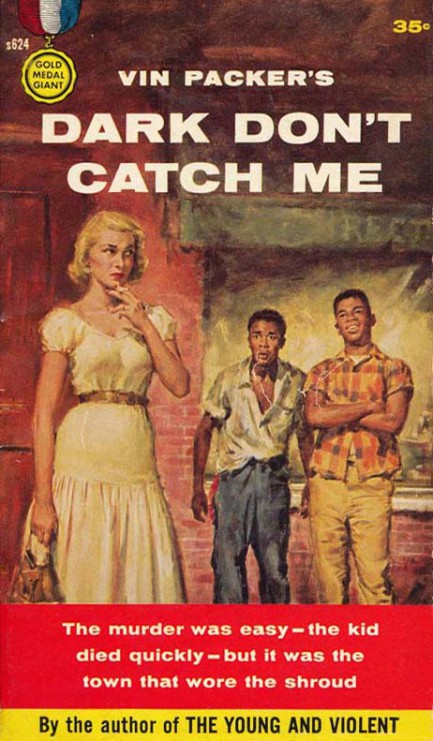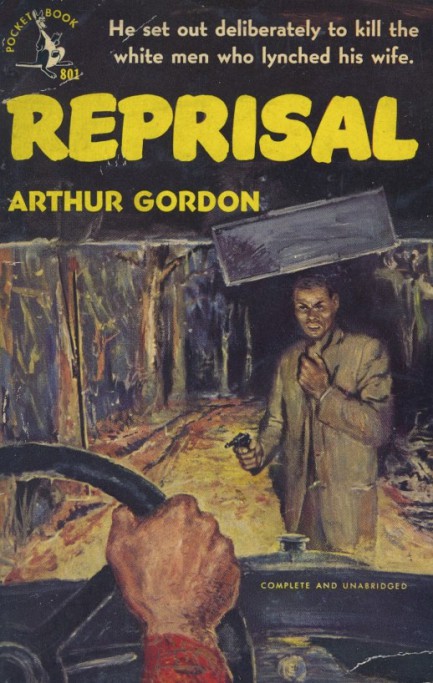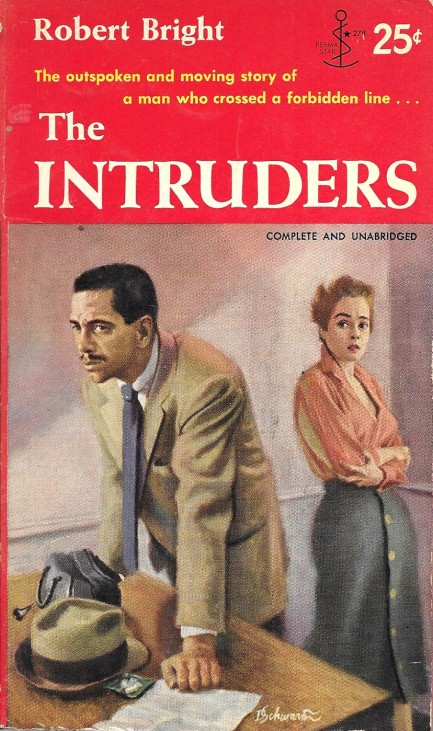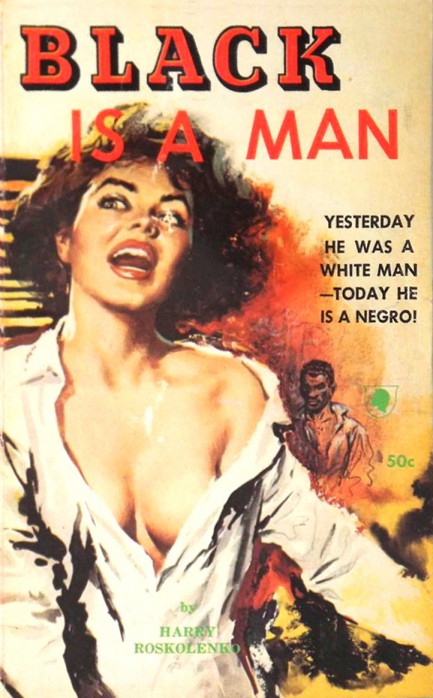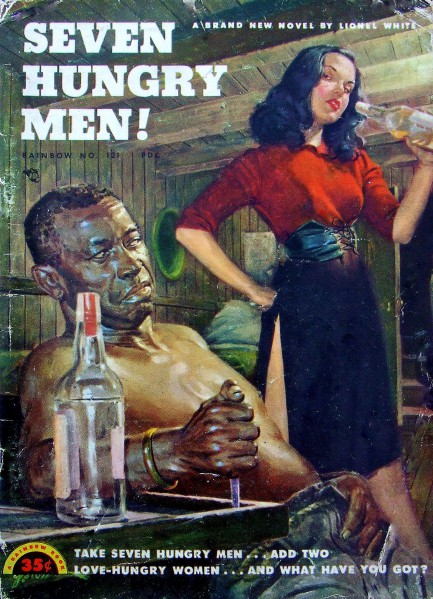| Vintage Pulp | Mar 26 2017 |

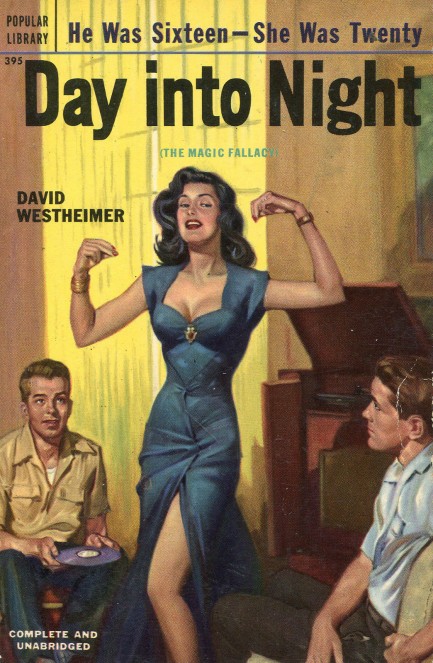
David Westheimer's Day into Night is a more serious novel than its cover would lead you to believe. It was originally published in 1950 as The Magic Fallacy, and the fallacy is the one harbored by youth that everything in life is beautiful. Westheimer promptly proves otherwise by telling the tale of a sixteen-year-old boy named Pershing who is stricken when his mother leaves his father, and later absorbs another blow when his father's remarries to a twenty-year-old femme fatale. You know where this leads—the new bride homes in on Pershing's missile. Westheimer went on to publish the hit thriller Von Ryan's Express, source for the movie of the same name. The top notch cover on this Popular Library paperback is by Rudolph Belarski, from 1952.
| Vintage Pulp | Nov 25 2015 |

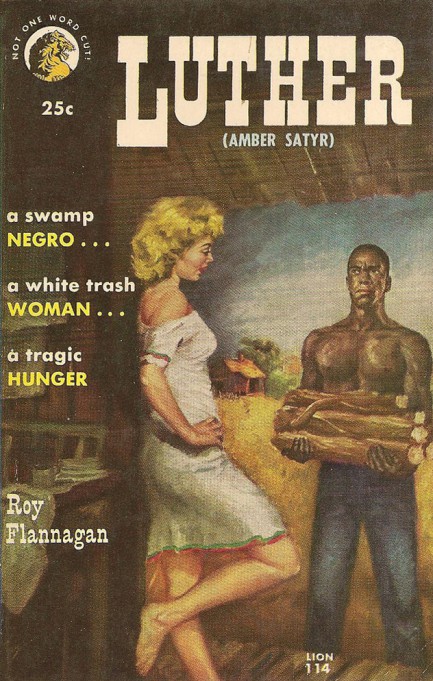
Science has given humanity a lot over the centuries. What will turn out to be one of its most important gifts is its conclusion, widely disseminated beginning in 1950 but by today firmly proven thanks to DNA sequencing, that race doesn’t exist in any scientific way. Of course, many don’t consider that fact a gift—but many people also had serious problems with the revelation that the Earth wasn’t flat. The concept of race comes entirely from the human imagination, and anti-black racism dates from within about the last five-hundred years, created principally as a means to justify the trans-Atlantic slave trade. Seen in that light, scientific proof that race doesn’t exist represents not new knowledge, but a return to knowledge that was the norm before the drive for riches caused men to deliberately warp human thought as a means to cover for mass cruelty.
As an imaginary construct, however, race is persistently powerful, which the collection of paperback fronts above and below strongly illustrate. We weren’t around when any of these were written, but their existence reveals a surprisingly (to us) lively market in such material. Were all the books you see here of great worth? Certainly not. But even with their flaws—particularly woman-blaming for rape—these books are artifacts of a fascinating racial dialogue that we suspect, on balance, was beneficial. We have fifty examples and there are at least a couple dozen more we didn’t include (Black Dicks for Marcie was just a bit too out there). Some of those pieces will pop up later in a slightly different themed collection. In addition to what you see here, we also put together a related group last year featuring an Asian theme and you can see that here.